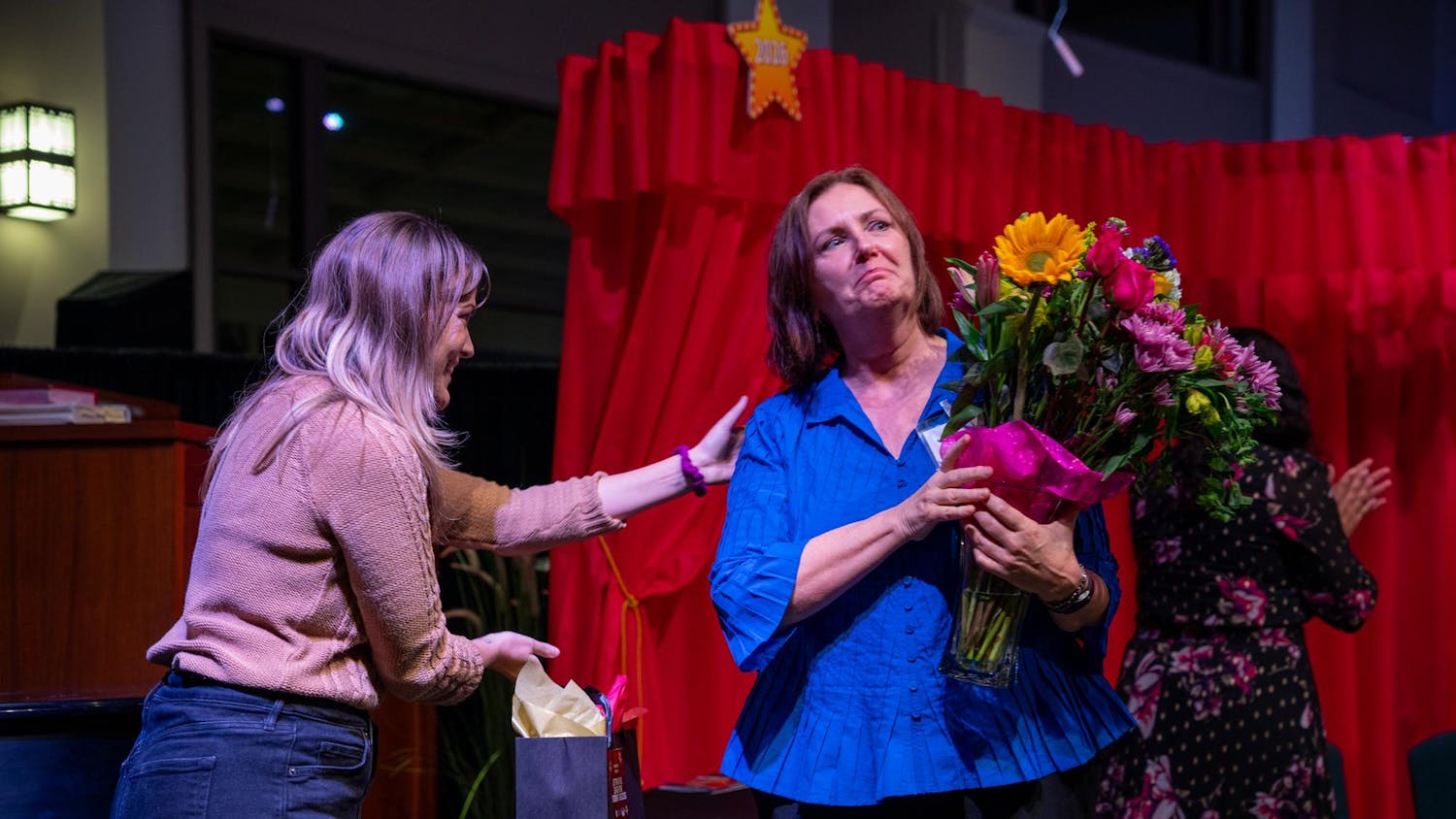Esperanto is a first language for many but unheard of by most.
Jordon Kalilich, a UF sophomore, is in the process of creating a UF club for the language, which combines traits of the different Slavic, Germanic and Romance languages.
The club is planning to hold its first meeting Oct. 16 at 8 p.m. with a presentation titled "Esperanto: The Solution to the World Language Problem."
The location has not been decided, but updates can be found at its Facebook group, "The Esperanto Club at UF."
Kalilich said Esperanto conventions are held all over the world. People meet at the conventions and sometimes get married and raise their children to be native Esperanto speakers.
According to Esperanto-usa.org, L.L. Zamenhof created Esperanto sometime in the late 19th century.
Zamenhof lived in a part of Russia that is now Poland and created the language as a way to fuse the different languages spoken in the area so everyone could easily communicate.
Since then, the language has spread through Europe and Asia, and it is estimated that at least 2 million people worldwide speak it, Kalilich said.
He said he wants to use the club to teach UF students about Esperanto, as well as how to speak it.
"Most people learn Esperanto on their own through books or the Internet," Kalich said. "I hope that the club will remedy that."
Mark Sisley, a UF computer science junior who will be the Esperanto club treasurer, appeared on behalf of Esperanto earlier this semester at the Talk to Me Language Café hosted by the UF Center for European Studies and the Asian Studies Program.
The language doesn't represent one country, Sisley said, but it encompasses countries worldwide. Esperanto was intended to be easy to learn, he said.
Sisley said the best part about the language is that there are no verb conjugations, unlike most of the Romance languages, which have many variations of one word.
But don't get Esperanto confused with gibberish.
"It's not a word game," Kalilich said. "It's a living language."





